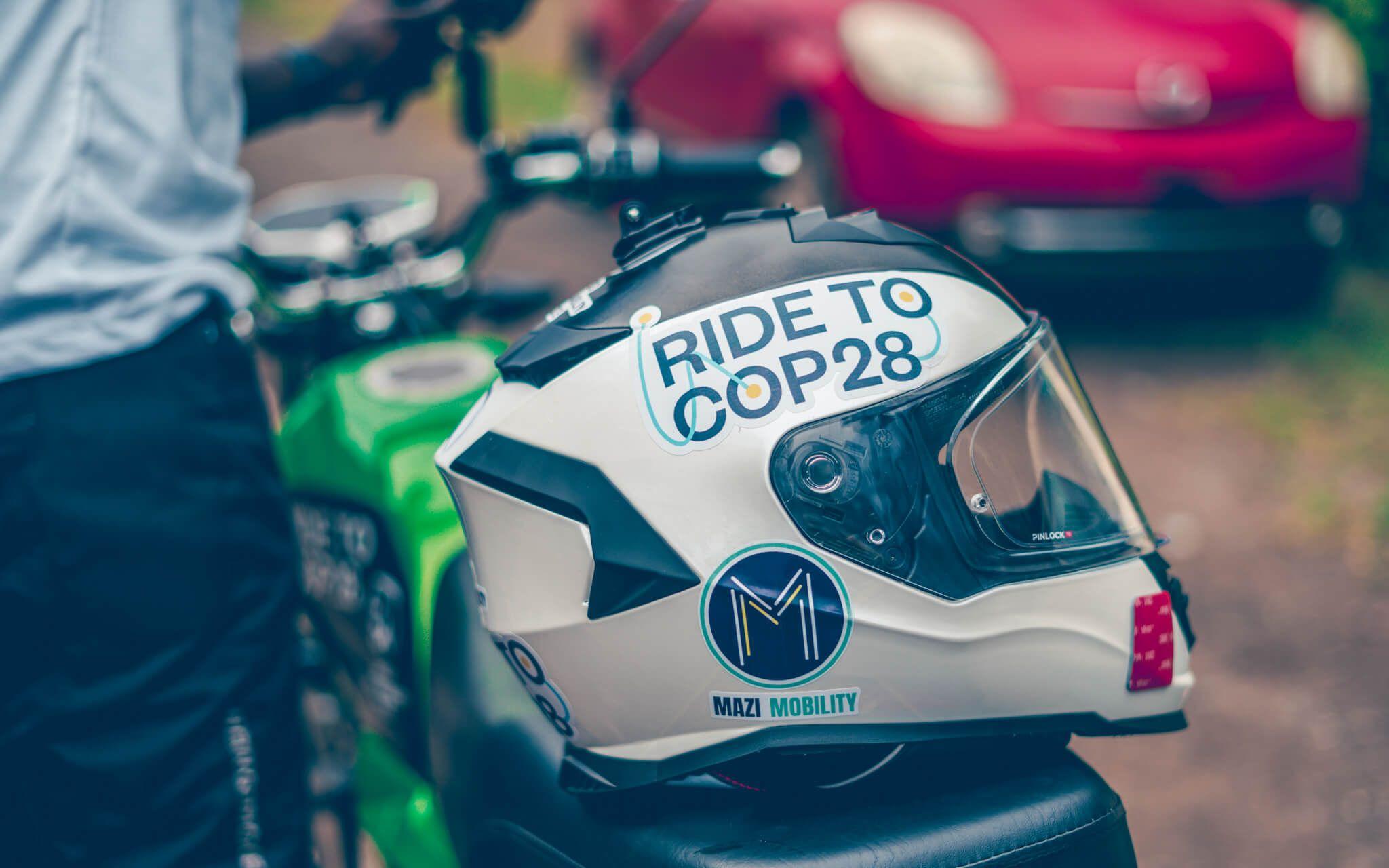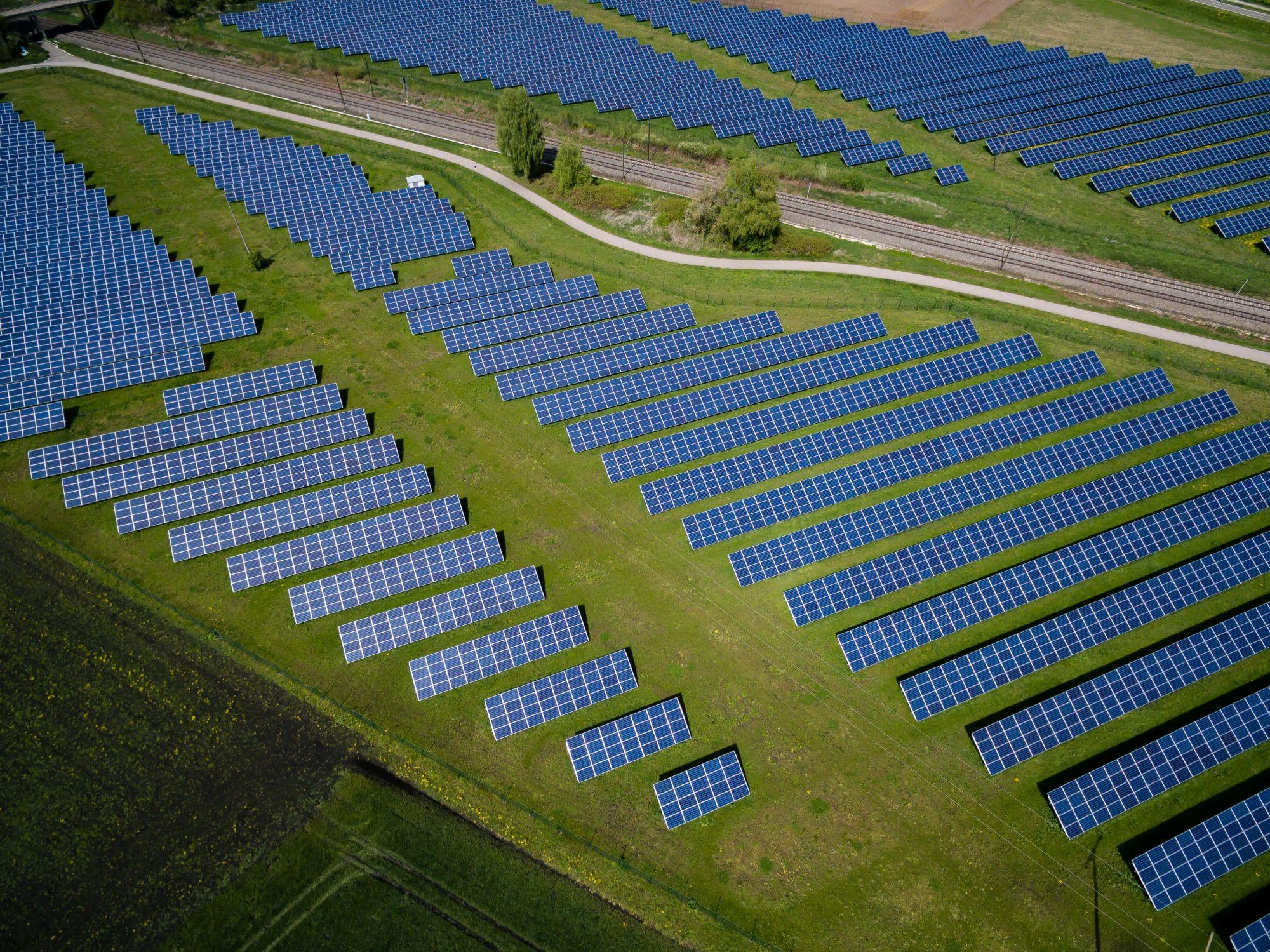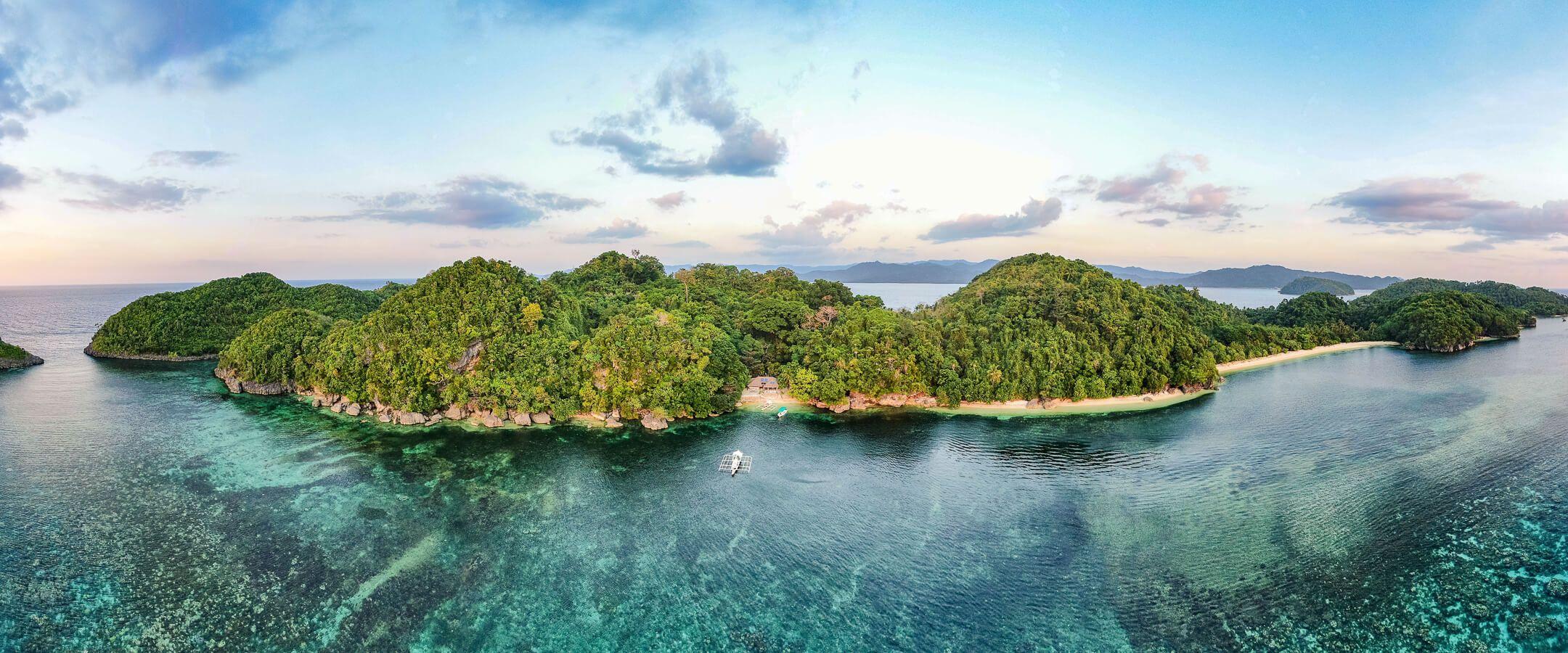Coming Home to Our Shared Earth
Sprinkled across the world are communities that uphold a new paradigm of living – eco-conscious villages that seek to heal our relationships with the planet and ourselves. Scotland’s revolutionary Ecovillage Findhorn inspires other communities, including Grassroots Village in the green hills of Hatta, UAE.
“How do we live our ordinary, everyday life in relation to what we think the planet is asking of us all?”
In a way, Dr Roger Doudna says, that is the story of the ecovillage. At 82 years old, he’s the Carbon Strategy Director of one of the world’s oldest and most successful experiments of a modern environmental utopia – the Ecovillage Findhorn.
In 2002, the little coastal village in northern Scotland had the lowest ecological footprint measured in industrialised society globally. This was courtesy of surplus clean energy, self-sufficient and waste-free food systems, sustainably built homes and harmonious communal living.
Co-founded by Peter Caddy in 1962, Findhorn “Was about ‘building the new’- building the new civilisation, building the new age, imagining a life that was more appropriate than the one that most of the world provides in terms of largely material focus,” Roger explains. Indeed, the ecovillage's 63-year history is a testament to the resilience of a community rooted in shared ecological values.
Today, there are more than 1200 ecovillages that dot our world – pockets of collective dreams for thousands who imagined a more fulfilling life. In an ecovillage, the society, culture, ecology and economy are locally designed to create harmonious and regenerative systems of living together.
In 2024, the movement also bloomed in the lush green hills of Hatta, UAE, where a couple, Sima Basel and Marwan Ghunaim, founded Grassroots Village, a farm and ecovillage retreat that encourages slow and regenerative living.
With sustainable communities growing in popularity, this begs the question: Why are so many turning to ecovillages?
The Timeless Quest for Community
When Roger first arrived at a caravan park in Findhorn in 1974, he didn’t expect to stay for a lifetime. A young American philosophy professor, he had initially been drawn by the intriguing news of 18kg cabbages growing in a spiritually enhanced garden.
“Extraordinarily, I felt like I had come home,” recounts Roger. “I discovered this very dynamic, bubbling, active and focused group of people who were committed to living the spiritual life.”
The village’s activities are guided by tenets in their “common ground” principle, primarily – ‘Deep inner listening, Co-creation with nature and Work as Love in Action.’
“We would begin our workdays with an 'attunement', which meant holding hands, closing our eyes, invoking a good day together, and we would address our work.”
Extraordinarily, I felt like I had come home. I discovered this very dynamic, bubbling, active and focused group of people who were committed to living the spiritual life.
Community events are common, with a regular ‘sharing’ event for creative expression through stories, skits and songs. Roger says, “These were amateur hours, but they were also wonderfully delightful ways of bonding and getting to know each other well.”
Findhorn also held numerous conferences exploring pioneering ideas, including the first-ever ecovillage conference, welcoming thousands of people to experience their unique lifestyle every year. As it became a global centre for spirituality and eco-conscious living, its community spread worldwide.
Many ecovillages globally, such as Damanhur in Italy and The Farm in Tennessee, US, have spiritual or community-focused roots and later developed eco-conscious practices.
For Grassroots Village, both Sima and Marwan were part of dynamic communities that merged to form the soil for the growth of the ecovillage. Sima, a Palestinian-Ukrainian psychologist at New York University Abu Dhabi, underwent a journey to develop her philosophy around therapy and service to others. With her childhood in Palestine shaped by the violence of war, Sima designed emotional and educational intervention programs to support children’s well-being in refugee camps globally.
“I do believe that as humans, we don't heal in therapy rooms. We heal in community, we heal in relationships, and then also in nature because we are part of nature. We are nature,” Sima explains. “We can't remove these two elements and expect people to be wholesome.”
For Marwan, born in Dubai and raised between the city and Jordan, it was learning Capoeira, the Afro-Brazilian martial arts and social movement, that ignited his journey.
“Capoeira inspired a new way of being or living,” he says. “Part of their philosophy is promoting collaboration, rather than competition, how to be inclusive rather than be individualistic, so offering a platform for things to happen is part of capoeira philosophy.”
Marwan became an entrepreneur full-time, offering spaces to catalyse social change under the Mystic Earth Wellness Festival. First held in Qatar in 2014, the festival spread to other countries in the region and took root in the UAE, with a focus on permaculture and alternative academic programs. He says, “It got to a point where it was ripe enough in structure to grow to an eco-village.”
Returning to Our Earth
Nestled in the lush green hills of Hatta stands a decades-old farm home to goats, sheep, horses, chickens, rabbits, a variety of crops, and vibrant biodiversity.
It is early 2024, and Mubarak, an Indigenous Emirati elder who had grown up on the farm, had invited Marwan and Sima to manage the land long-term and turn it into an ecovillage.
“When did you first meet in Hatta?” I ask.
“Before we were born,” says Marwan, laughing. He means it. Sima adds, “But physically, in 2022.”
It was also where the pair, now husband and wife, had fallen in love. Marwan had hosted a wellness retreat on the farm, which Sima attended. “Something sparked in me. That land is a magical land,” she explains. “I would say it was the beginning of many, many portals that opened for many of us in our community.”
Of my whole 44 years living on Earth, this is the closest I've been with the land. We almost spend 10 to 12 hours a day working on the land. We're kind of creating this alignment between plants, human and animal, to create this ecosystem between us.
She adds, “Both Marwan and I are Palestinian. I think there's a very special connection to land and living in community, that is a very big element of our indigenous and our ancestral ways of living.”
“Given this moment in time with all that's happening around the world, especially in Palestine, I think it is just clearer and more aligned that this is how our ancestors have lived, and this is how we would like to live and continue this legacy of human, land and care connection.”
A turning point was Marwan’s birthday in 2023 when Sima gifted him an ecovillage design course. After taking a permaculture course together, they designed their life according to this new system. On September 28th 2024, the two-year anniversary of Sima and Marwan’s first date, Grassroots Village was born.
“Of my whole 44 years living on Earth, this is the closest I've been with the land. We almost spend 10 to 12 hours a day working on the land,” explains Marwan. “We're kind of creating this alignment between plants, human and animal, to create this ecosystem between us.”
Mubarak still helps maintain the farm, and Sima emphasises that they seek to learn from the existing indigenous practices. Marwan adds, “As permaculturists, we're willing to design it and take it forward, however, we like the traditional way that it’s been run for the past 30 or 40 years by Mubarak.”
A connection to land, farming and locally-sourced food is a central aspect of ecovillages globally – from Australia’s Crystal Waters Ecovillage to Costa Rica’s PachaMama Ecovillage.
Activating Mycelial Eco-Community in the Time of Crisis
When building an ecological utopia from scratch, what materials do you use
Roger’s answer to this question facing Findhorn in the 80s was ‘The Barrel’ – a cosy, wooden house he built from upcycled whiskey vats. Although Roger has been credited with being a ‘conscience’ for the community, he says, “I guess I'm proudest of my house. My house became, literally, the foundation of the subsequent unfoldment of the ecovillage.”
After attending the historic COP21, where the Paris Agreement was signed, he also took on the project of measuring the community’s and individual carbon footprints.
The synergy of Findhorn’s ecological development was abundant - Findhorn fellows, trustees and residents went on to build environmental organisations across disciplines, including renewable energy companies, eco-cafes, sustainability education institutions and more.
“We’re all trying to find our way towards a life that respects nature and has new ways beyond fossil fuels that can make the civilisation endure, survive,” says Roger.
Challenges were rife in Findhorn’s path – from social ostracism to securing funding and reconciling for collective decision-making. “We were regarded as being loony tunes by most of our neighbours until relatively recently,” says Roger.
As of November 18, 2024, the ecovillage was bought out by its community residents, entering a future of democratic co-governance on their path to net zero by 2032.
Similarly, over 8,000 kilometres to the East, Grassroots Ecovillage runs on shared values of collaboration, ethics, wellbeing, and caring for the Earth. Sima and Marwan emphasise that situating Grassroots within regenerative and permaculture-based systems is crucial.
They’re also expanding the physical sites of Grassroots Village, especially in the Middle East, to Jordan, Palestine and Lebanon. “We’re inspired by the way the mycelium network is structured, where it’s a network where resources and information are shared for the benefit of the collective,” Sima explains.
“Hopefully, this project will inspire people and future generations beyond.”
Amidst the scourge of rising overproduction and overconsumption, burnout, inequality, illness, pollution and climate impact – there lies an answer in this constellation of global ecovillages.
A verdant blueprint for a life that treads lightly on our vulnerable earth. The question arises - what if we all lived a life deeply connected to each other and the land that sustains us all?
Would that be your utopia, too?
Most Popular
The Climate Tribe delivers stories about Biodiversity and Conservation, Circular Economy, Food and Water , and how they intersect with climate.
Subscribe
Get the latest stories inspiring climate action around the globe straight to your inbox.





